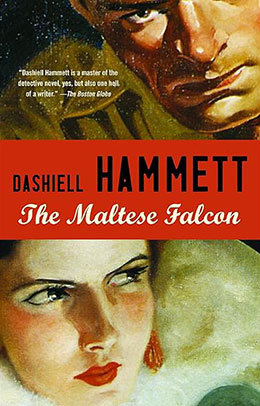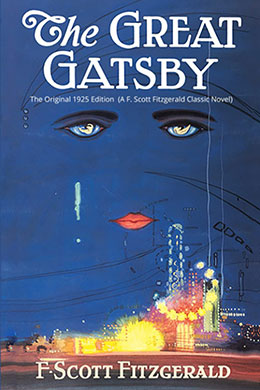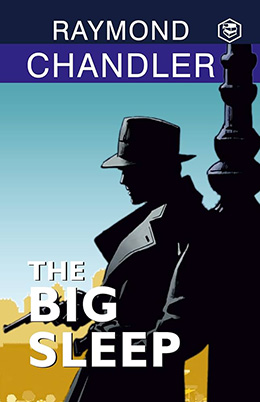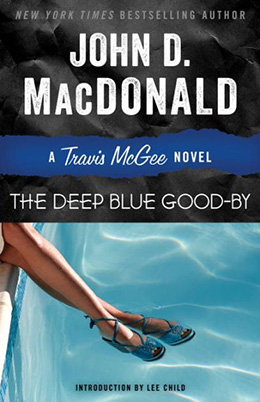
As a writer of stories, I’m deeply invested in plot flow, trying to create energy that keeps the tale moving, while always (trying) to take the reader along. “I couldn’t put it down,” “I stayed up all night reading it,” “I never wanted it to stop,” are all serious compliments to me. When my son (Jack) was young, sitting next to me, and I read a new book to him, if he liked it, he would bang my knee and say, “More.” That was serious, positive criticism for me. If he didn’t like it, I’d hear, “Can I go out and practice my skateboarding?” It was like that “DNF” on Goodreads; “Did not finish.”
Now it is not beside the point that I try to write that way too—that is, I seek to create the flow, endlessly reading and reading the manuscript even as I am making countless changes to maintain that crucial forward-moving energy.
But at some point, if I can sound, briefly, like a Monty Python introduction, I try something completely different.
In an utterly random way, I choose a page, 12, 45, 76. Whatever. I might as well use dice. Then I get my computer to jump to that page and go to the first paragraph my eyes light on and work on that. Just that paragraph. Then, also at random, I go to another page and work on another paragraph. And on and on.
Why do I do this?
That flow I spoke of above has me glossing over paragraphs and sentences so quickly that I don’t bring them forward, polish them. It has me overwriting. Not paying attention to sentences. My point being, the simple, direct sentence is, to me, what defines fine writing.
It can bring forward a character with great sharpness.
It can define a mood, an atmosphere, a moment with great precision.
It can be revelatory, provide a crucial summation, or insight.
It’s one of the reasons I have long admired the best noir fiction of the 1930s and 1940s. In this regard, Dashell Hammett’s The Maltese Falcon is right there at the top of my list. Or go read (reread) The Great Gatsby. Chandler. McDonald. With these writers, less is always more.
As Robert Louis Stevenson put it: “There is but one art, to omit.”
Let’s say I have a manuscript of two hundred and fifty pages. I will, arbitrarily, set out to cut ten pages. The result? My writing is almost always better for it.
It’s worth the reminder that working on a computer makes it too easy to overwrite. Of course, I use one, but there are moments I wish I had my old Royal typewriter. It was exhausting to type a manuscript. To cut was to ease the pain.
The poet Robert Browning said it best: “Less is more.”
For the writer—and, most important–the reader.
Because never, ever forget, writing is all about the reader.



